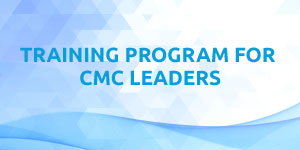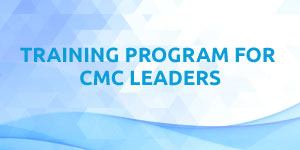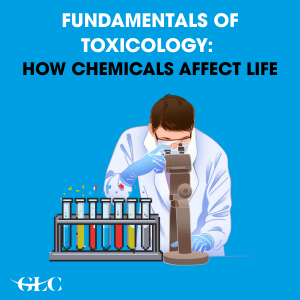Free knowledge to monitor the world of events. Have a look at our must read Blogs on Pharma, Finance, HR, Health and Cross Industry.
Fundamentals of Toxicology: How Chemicals Affect Life
2022-08-16
"All things are poison, and nothing is without poison; only the dose makes the poison."
Toxicology is generally known as the "science of poisons," yet in reality, it is a far broader discipline. Toxicology is the study of the action of chemicals, natural or synthetic, on living things and the creation of harmful effects. From the medicines that we swallow, to foods we eat, to the environments around us, toxicology is a key in protecting human health, animals, and environments.
What is Toxicology
Toxicology is the scientific investigation of the adverse effects of chemical substances on living organisms. The chemicals can be drugs, industrial chemicals, pesticides, food additives, heavy metals, and even naturally occurring plant and animal toxins.
The famous saying by Paracelsus, the father of toxicology, still guides the field today:
"All things are poison, and nothing is without poison; only the dose makes the poison."
This highlights the fact that any substance can be toxic if one takes it in huge amounts, even oxygen or water.
Core Principles of Toxicology
- Dose-Response Relationship
-The effect of a substance depends on the dose. Low doses may be harmlessor even therapeuticand high doses are toxic or lethal.
-Toxicologists study thresholds, allowable exposure levels, and the difference between therapeutic and toxic doses. - Exposure
-Toxic effects are based upon how an organism becomes exposed: ingestion (eating or drinking), inhalation (breathing), dermal (skin), or injection.
-How often and how long an organism is exposedwhether for an acute (short-term) or chronic (long-term) periodaffects toxicity as well. - Absorption, Distribution, Metabolism, and Excretion (ADME)
-Absorption: How a chemical enters the body.
-Distribution: How it moves through the blood and tissues.
-Metabolism: The way in which the body breaks down or metabolizes the substance. Metabolism detoxifies sometimes, but other times it can produce more toxic substances.
-Excretion: The way a chemical or a byproduct is eliminated, usually through urine, stool, or perspiration. - Individual Susceptibility
-Everyone does not respond in the same way to a chemical. Age, heredity, health, diet, and lifestyle all affect how toxic a substance is to a person. - Toxic Effects
-Poisonous compounds may act upon certain organs (like the liver, kidneys, lungs, or nervous system).
-Some effects are reversible, while others may be permanent or even life-threatening.
Branches of Toxicology
- Forensic Toxicology: Investigates poisoning, drug addiction, and causes of death in a judicial court.
- Environmental Toxicology: Investigates how environmental pollutants disrupt ecosystems, wildlife, and human health.
- Clinical Toxicology: Handles the diagnosis and treatment of poisonings in patients.
- Regulatory Toxicology: Helps governments and institutions set the safety specifications for chemicals, drugs, and foods.
- Occupational Toxicology: Examines workplace exposures to maintain workers' health.
Why Toxicology Matters Today
With thousands of chemicals all around usmedicines, cosmetics, pesticides, plastics, and industrial chemicalstoxicology understanding is more important than ever. It helps us answer questions such as:
- Is this drug safe for patients?
- What is the safe pesticide residue concentration in food?
- How do industrial pollutants affect human health and wildlife?
- What is done in case of chemical spills or poisoning accidents?
Final Thoughts
The principles of toxicology remind us that chemicals are neither "good" nor "bad"their effect is dose-, exposure-, and response-dependent. By studying how chemicals interact with living systems, toxicology helps to protect public health, enhance safer products, and reduce environmental damage.
Briefly, toxicology is a science that guarantees the equilibrium between the advantages and the dangers of the world of chemicals surrounding us.
Do you want to understand more? Join our upcoming Fundamentals of Toxicology Masterclass
By Shara Najimudeen, Digital Marketing Executive, GLC Europe, Colombo Office, Sri Lanka.
Get a feel for our events

Training Program for CMC Leaders - EU edition
14th September 2026 - 09th April 2027
Rich with practical insights and real-world applications
learn more >>
Training Program for CMC Leaders - US edition
14th September 2026 - 09th April 2027
Rich with practical insights and real-world applications
learn more >>
Advanced Stability Testing of Pharmaceuticals MasterClass - US edition
24-27 February, 2026
Increase the likelihood of studies receiving regulatory approval
learn more >>













